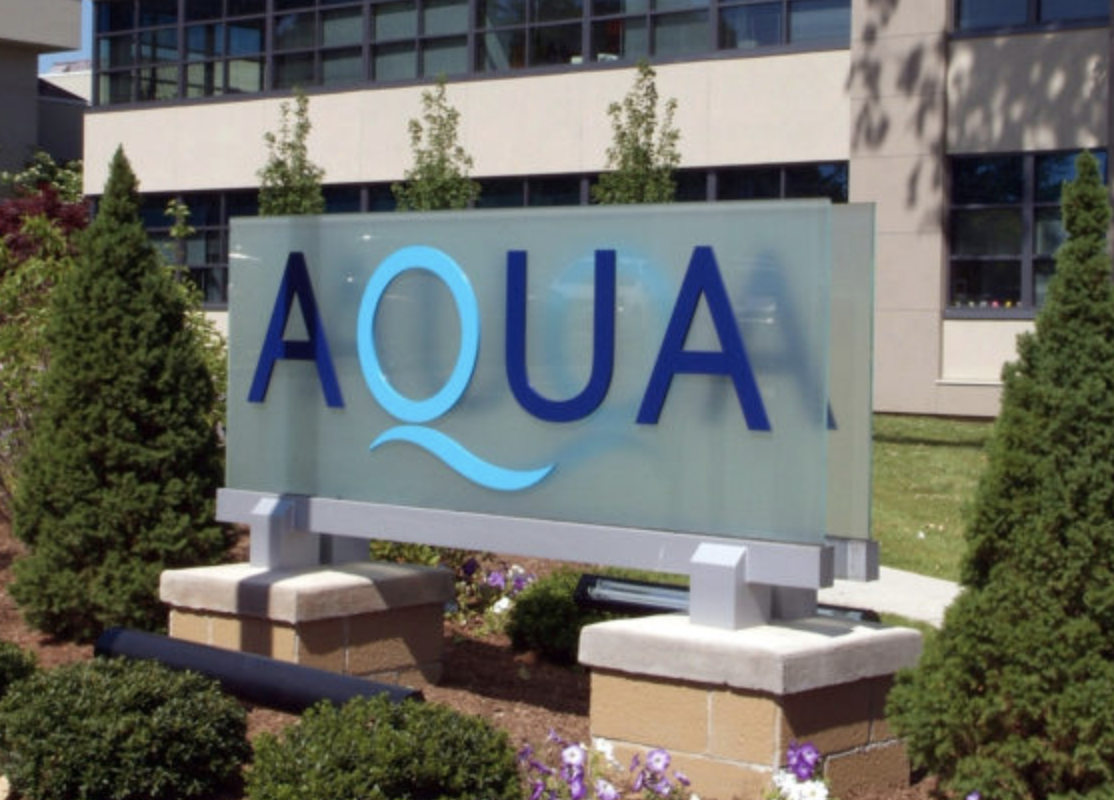A recent Pennsylvania House subcommittee hearing didn’t make headlines, but the results could hit your monthly utility bills — hard.
The House Consumer Affairs subcommittee on Public Utilities held a joined hearing with the Appropriations Subcommittee on Government and Financial Oversight to discuss how the “fair market value” section of the Public Utilities Code is working. While Title 66 Section 1329 sounds like typical governmentese, its impact could be huge.
That is particularly true for residents of the Delaware Valley who could see their water and sewer service move from public providers like DELCORA or the Chester Water Authority to Aqua Pennsylvania, a private, for-profit company based in Bryn Mawr, Pa.
Section 1329, signed into law in 2016, established a process by which a “fair market value” can be determined for the acquisition of a public utility by a private sector company. It is a process that has been used with growing frequency in Pennsylvania as municipalities have sought to sell off their water and sewer systems to private sector companies.
“The U.S. Department of Environmental Protection estimates Pennsylvania needs to spend more than $16 billion over the next 20 years to modernize its drinking water system,” according to Robert Powelson, former PA PUC Commissioner and president and CEO of the National Association of Water Companies. “Unfortunately, many small systems don’t have the capital to pay for these upgrades.” Money is the key issue for localities trying to sell their systems.
Aqua Pennsylvania president Mark Luca testified before the committee, arguing private industry is doing a better job of providing water than government-run water and sewer authorities. Luca referenced timely topics such as recent cyber attacks on water treatment plants in Florida and Kansas.
“The American Society of Civil Engineers 2018 report card on infrastructure in Pennsylvania gave our water and wastewater systems a D and a D minus respectively,” Luca told the committee. “It is clear the providers of this service are failing their customers.”
Opponents of Aqua’s acquisitions point to reports of higher rates for residential customers after the company steps in. They also cite a federal Government Accountability Office report that found private, for-profit utilities charge about $15 to $20 more per month than their public counterparts.
“Yes, their rates are low,” Luca responded. “Because they are not investing in their systems. The rates are low, but it is a ticking time bomb.” After his testimony, Luca sparred with some House lawmakers who have taken issue with Aqua Pennsylvania’s activities in acquiring public water and sewer systems.
Rep. John Lawrence (R-Chester) who has legislation requiring ratepayer approval for the sale of any utility system questioned Luca and Powelson. His questions pointed out that while the PA PUC is required to approve rate increases, those rate increases take into account the fair market values the buying entity would pay in procuring a public water authority.
That is of particular interest to Lawrence and others whose communities rely on the Chester Water Authority. The City of Chester is currently seeking to sell the authority, in part to inject desperately-needed cash into their distressed budget.
“I can tell you, I have conversations with sellers that talk about rates,” Luca said in response to Lawrence’s questions. “We have sellers who have said to us we don’t want the highest purchase price, we want you to consider rates. And we do take that into account.”
Nicole Whitaker, an Upper Chichester Township Commissioner, whose municipality uses the Chester Water Authority shared Lawrence’s concerns. “If the sale of Chester Water Authority were to happen those rates would be passed on to everyone in the service area,” Commissioner Whitaker said. “We would in Chichester and Aston, in Lower Chi, Marcus Hook areas, we would essentially be paying the bill for the City of Chester to get out of debt.
“That should not be the burden of the ratepayers, that should be on the governor to assist the City of Chester to get out of their financial distress,” Whittaker continued. “They have been in [dire] financial straits for decades. Selling this water company is not going to be the solution to that.”
Whether private or public, bills are coming due across Pennsylvania: Updates to water and sewer systems, fiscally-struggling municipalities, and of course the upcoming state budget
“At the end of the day, the ratepayers are going to pick up the cost,” Lawrence said. With the condition and age of Pennsylvania’s water and sewer infrastructure, that bill is likely to be high.

